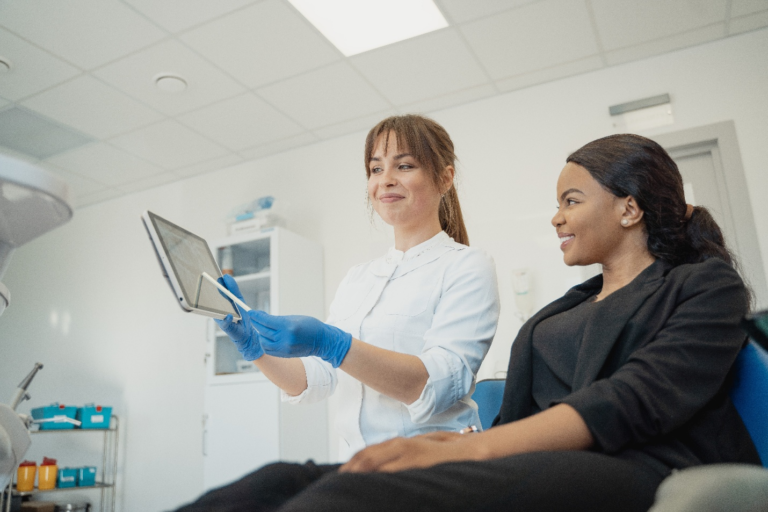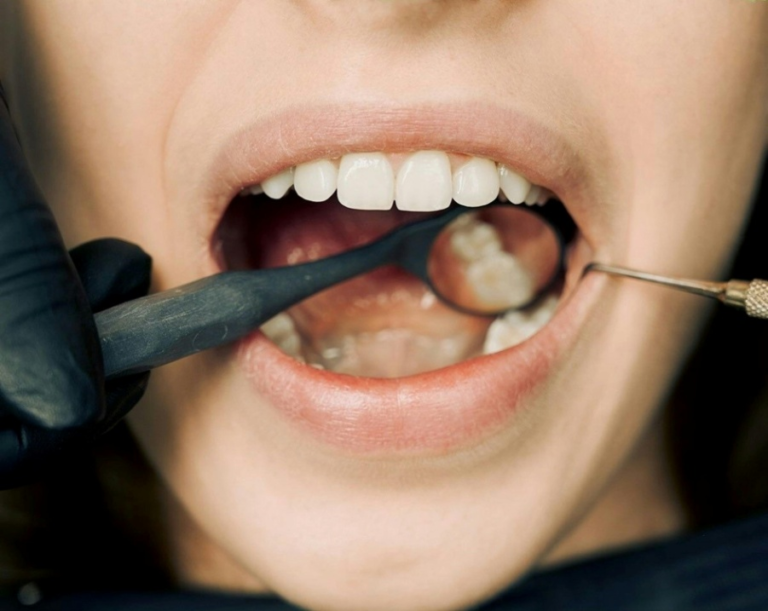Recovering from a stroke is a challenging journey that requires a holistic approach to healthcare. While everyone emphasizes rehabilitation and lifestyle adjustments, dental care is an essential aspect that people should not overlook.
Patients may face unique challenges in maintaining optimal oral health, and this dental care guide for stroke survivors aims to provide valuable insights into effective dental care for those on the path to recovery.
1. Understanding the Link Between Stroke and Oral Health
The connection between stroke and oral health is more than coincidental. Studies have shown that poor oral health can contribute to an increased risk of stroke, and stroke survivors often face oral health issues as a consequence of their medical condition. It is crucial to recognize this link and prioritize dental care as an integral part of the overall recovery process.
2. Oral Hygiene Techniques for Stroke Survivors
Stroke survivors may encounter difficulties in performing routine oral hygiene tasks due to physical limitations or impaired motor skills. To address these challenges, it is essential to explore adapted oral hygiene techniques.
This may include using special toothbrushes with larger handles for better grip or considering alternative methods, such as electric toothbrushes, for easier maneuverability.
3. Regular Dental Checkups and Professional Cleanings
Frequent dental checkups are paramount for stroke survivors. These visits allow dentists to monitor oral health, identify potential issues early on, and provide preventive care. Professional cleanings are also crucial to remove plaque and tartar, minimizing the risk of gum disease and other complications that could exacerbate existing health conditions.

4. Medication and Oral Health
Many stroke survivors take medications to manage various aspects of their health. It is essential to communicate with healthcare and dental professionals about them.
Some medications may have side effects that impact oral health, such as dry mouth or increased susceptibility to infections. Dentists can tailor their recommendations based on a patient’s specific medication regimen.
5. Nutrition and its Impact on Oral Health
A balanced diet plays a vital role in overall health, including oral health. Stroke survivors should focus on nutrition that supports their general well-being and dental health.
Adequate intake of vitamins and minerals, particularly calcium and vitamin D, contributes to strong teeth and bones. Additionally, staying hydrated helps combat dry mouth, a common concern for those recovering from a stroke.
Dental Center in Germantown, MD
Experience personalized dental care tailored for stroke survivors at Advanced Dental Center. Our team addresses unique oral health challenges post-stroke. Schedule a consultation today to benefit from specialized techniques, regular checkups, and expert advice.





